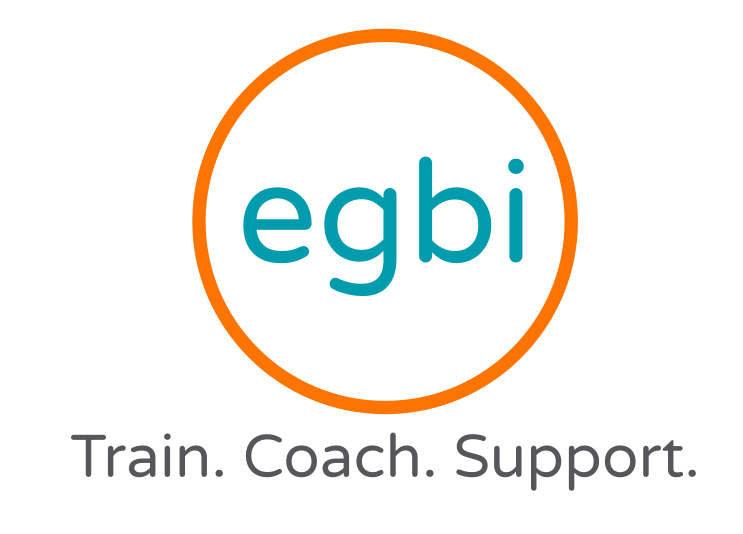
For military veterans and spouses looking to embark on their small business journey, government contracting represents a promising avenue. This article serves as a guide, shedding light on the intricate process, potential challenges, and the wealth of resources available to aid veterans and spouses in securing federal and state government contracts.
Understanding the Process: Embarking on government contracting involves a series of steps, each important to the overall success of your small business. Let’s dive into several of the key areas needed to start on the road of government contracting.
Conduct Market Research: Begin by conducting extensive market research to identify government agencies, departments, and prime contractors seeking the products or services aligned with your skill set. You can begin with local government (i.e. City of Austin) as well as with the Small Business Administration’s (SBA) veteran contracting assistance programs.
Registration: Navigate the bureaucratic landscape by registering your business in the System for Award Management (SAM), the central database for vendors engaging with the federal government. Additionally, consider obtaining certifications like Service-Disabled Veteran-Owned Small Business (SDVOSB) or Veteran-Owned Small Business (VOSB) for access to set-aside contracts. Government agencies at both the federal and state levels have set-aside programs specifically designed to leverage contracting opportunities for veteran-owned businesses. These programs reserve or “set-aside” a certain percentage of contracts for businesses owned by veterans or service-disabled veterans.
Proposal Development: Crafting compelling proposals is an art. Clearly state your business’s capabilities, past performance (if any), and unique value proposition (a clear message about the value of your product or service). Tailor each proposal to meet the specific requirements of the solicitation. Work with your local Veterans Business Outreach Center (VBOC) program, which provides entrepreneurial development services such as business training, counseling, and mentorship to veteran-owned businesses.
Contract Administration: Upon being awarded a contract, meticulous attention to detail is required to ensure compliance with the contract’s terms and conditions, deliverables, reporting requirements, and performance standards. We recommend that you seek support with reviewing contracts or legal terms and conditions before committing. To receive advice, join EGBI for one of our Legal Clinic, offered twice a year EGBI to work with one of our volunteer attorneys in a one-on-one consultation session to business owners.
Challenges Faced by Veterans and Spouses: While the opportunities are abundant, veterans and spouses encounter several challenges along the way. Here are some things to keep in mind as you navigate this process:
Competitive Landscape: Government contracting is fiercely competitive, with established firms and experienced contractors vying for the same opportunities.
Complex Procurement Processes: The intricacies of government procurement processes, regulations, and compliance requirements can be overwhelming, particularly for those new to the scene.
Resource Constraints: Limited access to capital, technical expertise, and administrative support can pose significant hurdles for veterans and spouses seeking government contracts. So, we suggest that you reach out to as many resources (various agencies local and federal) as you can in an effort to garner insights in how to obtain the best opportunities for your small business.
Certification and Credentialing Requirements: Meeting certification and credentialing prerequisites, such as obtaining security clearances or industry-specific certifications, can be especially challenging for those transitioning from military service to entrepreneurship.
Resources for Veterans and Spouses: Thankfully, a multitude of resources are available to provide support and guidance. Here are some federal and local support networks available that we recommend you connect with to help you with your small business and government contracting ambitions.
Federal:
Small Business Administration (SBA): The SBA offers various programs, including the SDVOSB/VOSB certification initiative, government contracting assistance, and workshops dedicated to federal procurement.
Procurement Technical Assistance Centers (PTACs): PTACs offer free counseling, training, and resources to aid small businesses in navigating government contracting opportunities at the state and local levels.
Veteran Business Outreach Centers (VBOCs): VBOCs provide specialized services, including business counseling, training, and mentorship tailored to the unique needs of veteran-owned businesses.
Local:
SCORE Mentors: SCORE offers the expertise of volunteer mentors, many of whom are seasoned business owners, to guide and support entrepreneurs in various facets of government contracting.
Veteran Service Organizations (VSOs): Organizations such as the Veterans of Foreign Wars (VFW), American Legion, and Disabled American Veterans (DAV) offer resources, advocacy, and networking opportunities for veteran entrepreneurs.
Economic Growth Business Incubator (EGBI): is a non-profit organization which provides training, coaching, and support to aspiring and existing business owners who face barriers to growing a successful business.
In summary, while embarking on the path of government contracting may seem daunting, securing government contracts can be a rewarding journey for military veterans and spouses, offering not only financial growth but also a pathway to economic success. By comprehending the process, overcoming challenges, and tapping into the wealth of available resources, veterans and spouses can position themselves for success in the competitive world of government contracting.
Find the Spanish version here.
